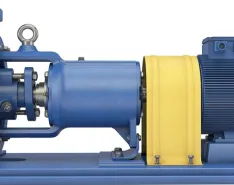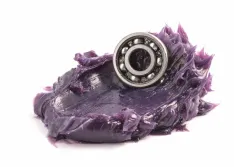Centrifugal Pumps
Centrifugal pumps are the most common pump, used in a wide variety of applications, especially water. They include one or more impellers that rotate and pull the fluid through. Impellers can be trimmed to change head or flow to enhance efficiency. They are not commonly used in non-Newtonian fluids.
Advancements in predictive technology allow for preventative measures against dead head.
Pump stations that see higher degrees of solids require more maintenance.
How to achieve smooth and trouble-free operation.
Think again if you are pumping thick fluids using water pump performance curves.
More attention should be paid to optimum selection of pumps, manufacturer’s experiences, application details and the specific requirements for each service.
Checking for factors like oil level and color can make a big difference.
Understand how to achieve the best NPSH performance.








